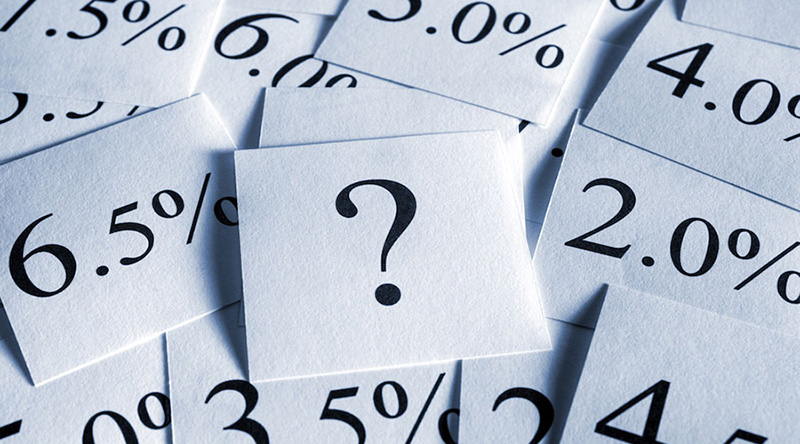
What affects mortgage rates?
-
Overall Economy
If the Gross Domestic Product of the overall economy improves, interest rates will go higher, if the economy declines, interest rates will usually go lower. This is just one of the factors that affects mortgage rates.
-
Income Tax Rates
If the individual or corporate tax rates are reduced, this will increase the need for government borrowing, at least in the short run, putting upward pressure on interest rates. This will affect mortgage rates and the amount of interest you’ll have to pay.
-
Infrastructure Spending
If the new administration increases infrastructure spending, this will increase government borrowing, and cause interest rates to increase.
-
Inflation
If the inflation rate begins to increase, this will directly cause interest rates and mortgage rates to increase.
-
Federal Reserve MBS Purchases
The Fed was a very large buyer of MBS as part of the government’s economic stimulus efforts known as Quantitative Easing, which significantly lowered interest rates for mortgages. The Fed has reduced the amount of MBS they buy each month, only buying the amount equal to the payoffs on their existing $1.7 Trillion MBS portfolio. However, the Fed is still one of the largest buyers of MBS and their buying continues to have downward pressure on interest rates. If overall rates rise, and refinances drop off, the Fed will have less payoffs of their existing MBS portfolio, and therefore have less funds to use to buy new MBS, which would then remove the downward pressure on interest rates.
-
Fed Funds Rate
If the Fed Funds rate increases in December, it will likely have little or no impact on overall rates since it only applies to overnight loans to Fed member banks, and an increase is already priced into the market’s expectations. However, a series of increases would signal the market that government policy makers view that the economy is improving, and overall market rates will soon begin to increase
